- WordPress SEO Tutorial for Beginners 2025
- Understanding SEO Basics
- How to Find the Right Keywords
- Optimizing Your Pages for Google
- Making Your Site Easy for Google to Read
- Building Trust with Google
- How to Rank in Local Searches
- How to Check If Your SEO is Working
- What NOT to Do in SEO
- What’s Next After This Course?
- WordPress SEO Tutorial for Beginners 2025
- Understanding SEO Basics
- How to Find the Right Keywords
- Optimizing Your Pages for Google
- Making Your Site Easy for Google to Read
- Building Trust with Google
- How to Rank in Local Searches
- How to Check If Your SEO is Working
- What NOT to Do in SEO
- What’s Next After This Course?
Off-Page SEO (Link Building 101) - "Building Trust with Google"
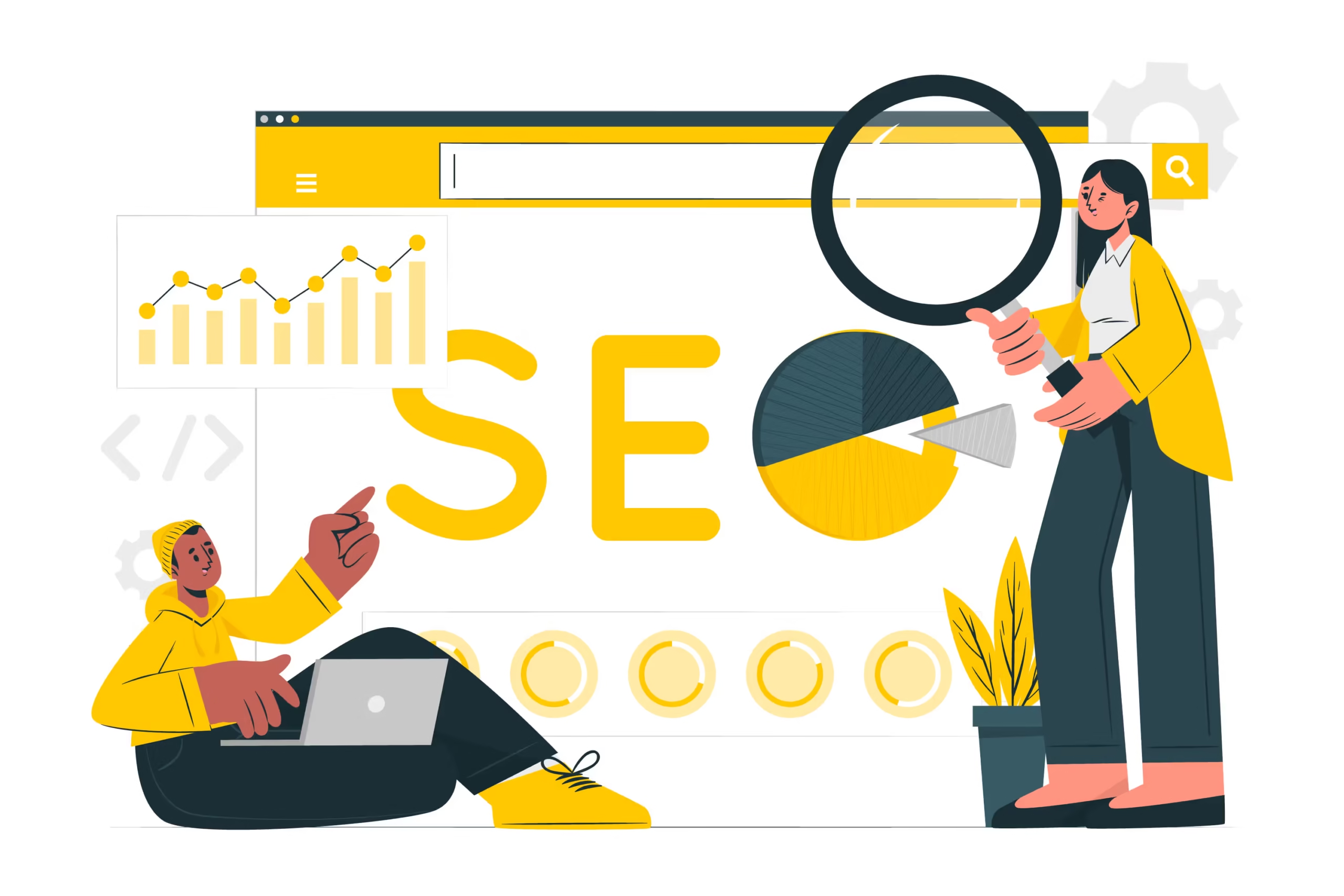
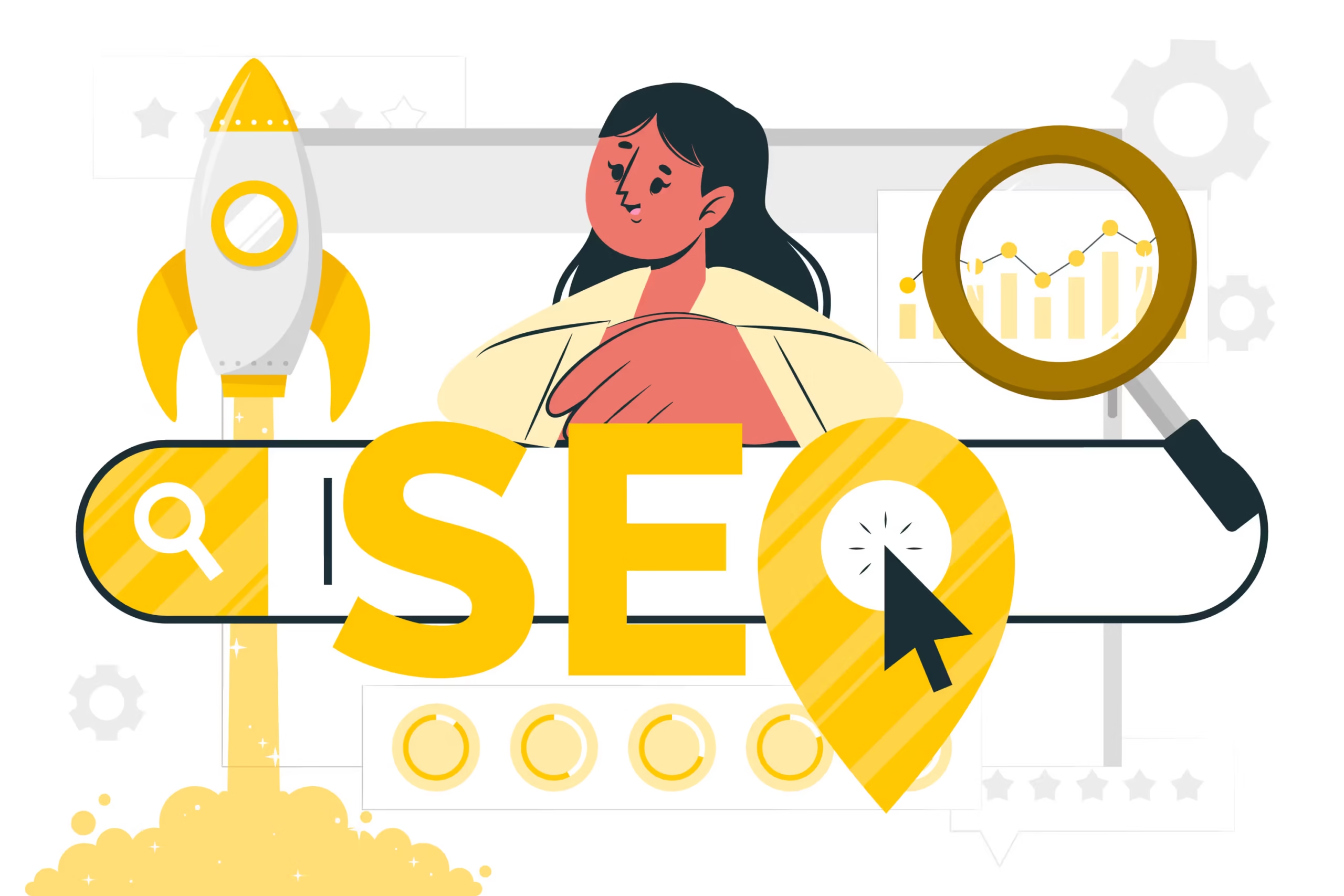
Off-Page SEO is all about building trust, credibility, and authority for your website. Unlike On-Page SEO, which focuses on optimizing your website content, Off-Page SEO is about gaining backlinks, social mentions, and external credibility signals.
🔗 What Are Backlinks & Why They Matter?
A backlink (also called an inbound link) is when another website links to your site. Backlinks are one of the strongest ranking factors for Google because they act as “votes of confidence” from other websites.

✅ Why Are Backlinks Important?
- Boost Rankings → Websites with high-quality backlinks rank higher in search results.
- Increase Website Authority → Google sees links as a sign of trust and credibility.
- Drive Referral Traffic → Visitors can click on links from other sites and land on yours.
- Indexing Faster → Google discovers your pages faster through links from established sites.
Example:
If a popular SEO website (like Moz or Ahrefs) links to your article about SEO tips, Google sees it as a trust signal and may rank your page higher.
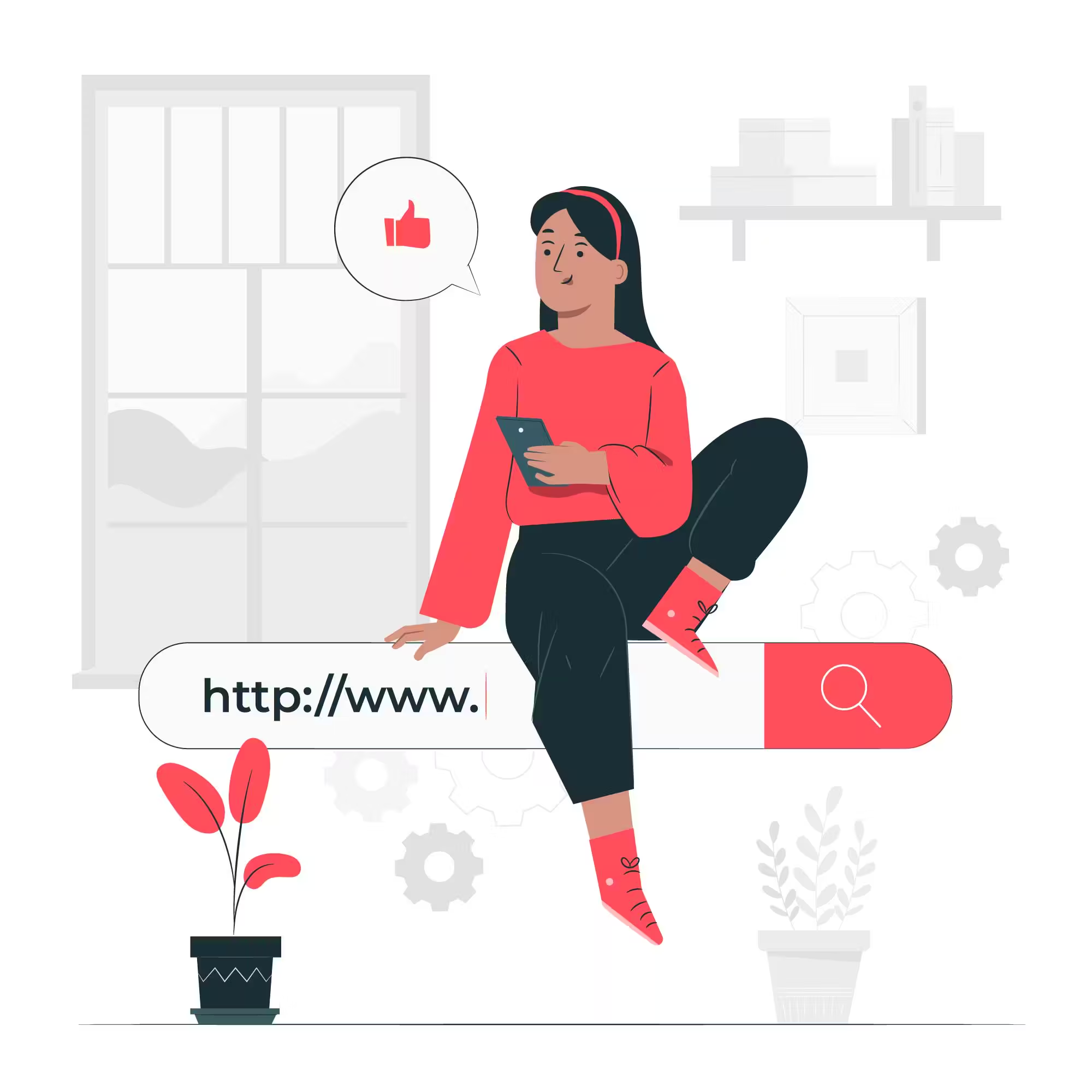
🛑 The Difference Between Good & Bad Links
Not all backlinks are created equal! Good backlinks help your SEO, but bad backlinks can harm your rankings.
✅ Good Backlinks (Boost Your SEO)
🔹 Come from authoritative, relevant websites (e.g., industry blogs, news sites).
🔹 Are natural (not bought or manipulated).
🔹 Use relevant anchor text (e.g., “Best SEO Strategies” instead of “Click Here”).
🔹 Are from diverse sources (not all from one website).
Example of a Good Backlink:
A marketing blog writes about SEO trends and links to your guide on “Best SEO Strategies.”
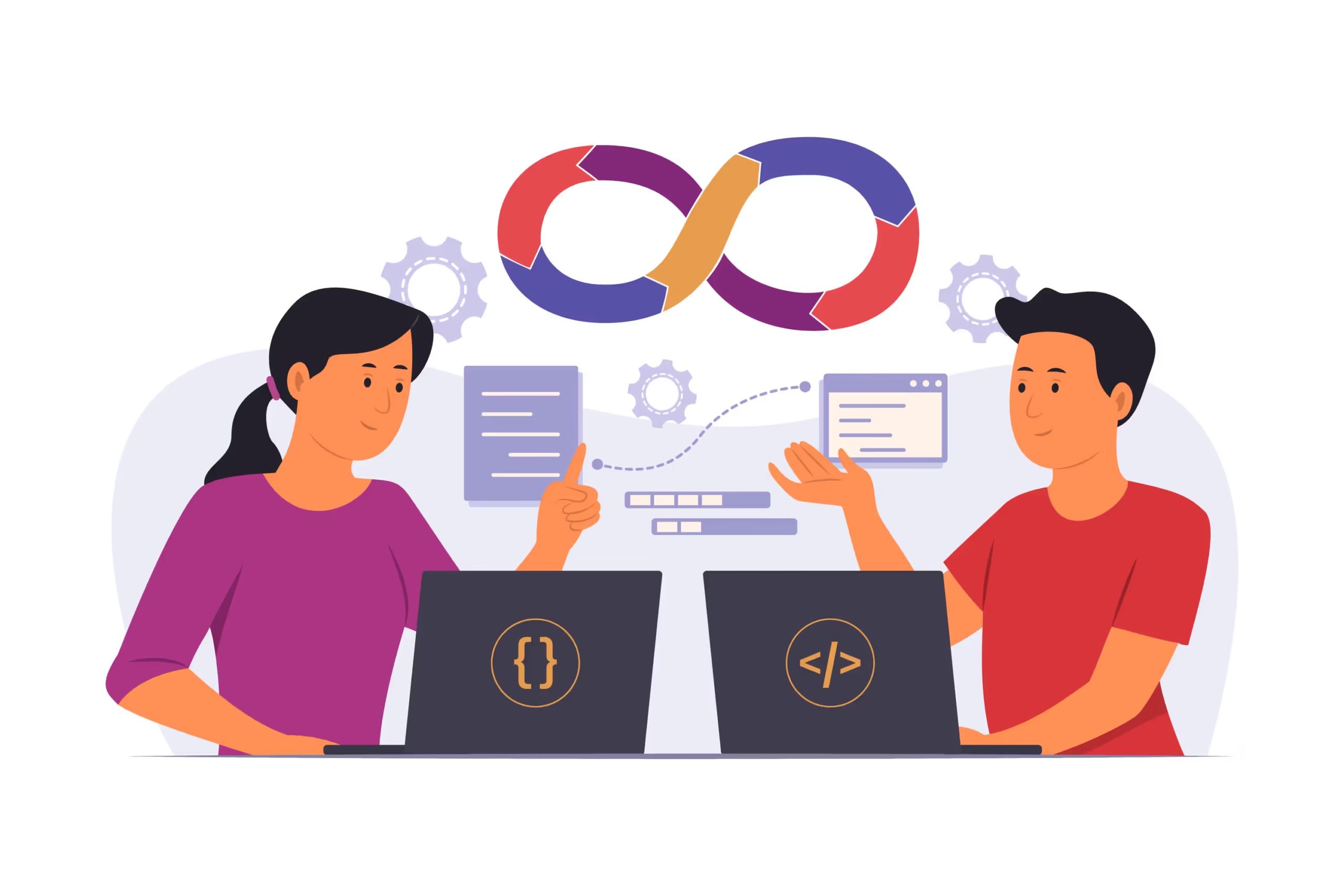
❌ Bad Backlinks (Can Harm Your SEO)
🔸 Come from low-quality, spammy, or irrelevant sites.
🔸 Are paid links (Google penalizes link buying).
🔸 Are from link farms or PBNs (Private Blog Networks used for black-hat SEO).
🔸 Use irrelevant or over-optimized anchor text (e.g., “Best cheap casino” on an SEO blog).
Example of a Bad Backlink:
A gambling website linking to your digital marketing agency using the anchor text “Best Online Poker Tips” (irrelevant!).
✅ Pro Tip: You can check your backlinks using Google Search Console or free tools like Ahrefs Backlink Checker.
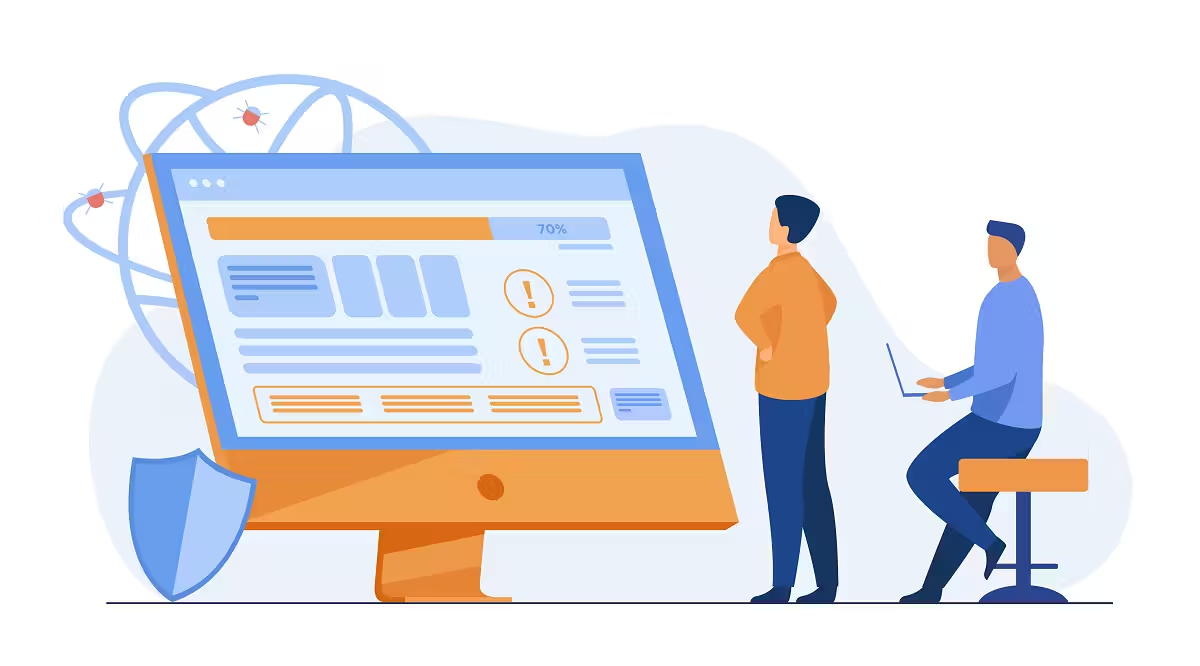
🚀 Simple Link-Building Strategies (Beginner-Friendly)
1️⃣ Guest Posting on Relevant Blogs
Guest posting means writing articles for other blogs in your industry with a link back to your site. This helps you: ✅ Get exposure to a new audience.
✅ Earn high-quality backlinks from trusted sites.
✅ Improve your brand authority in your niche.
How to Find Guest Post Opportunities?
- Search on Google:
"Write for us" + [your industry]"Guest post guidelines" + [your niche]
- Find blogs in your niche and pitch them a valuable article idea.
- Write high-quality content and include a natural backlink to your website.
📌 Example:
If you have an SEO blog, you could guest post on a digital marketing site and include a link back to your “SEO beginner’s guide.”
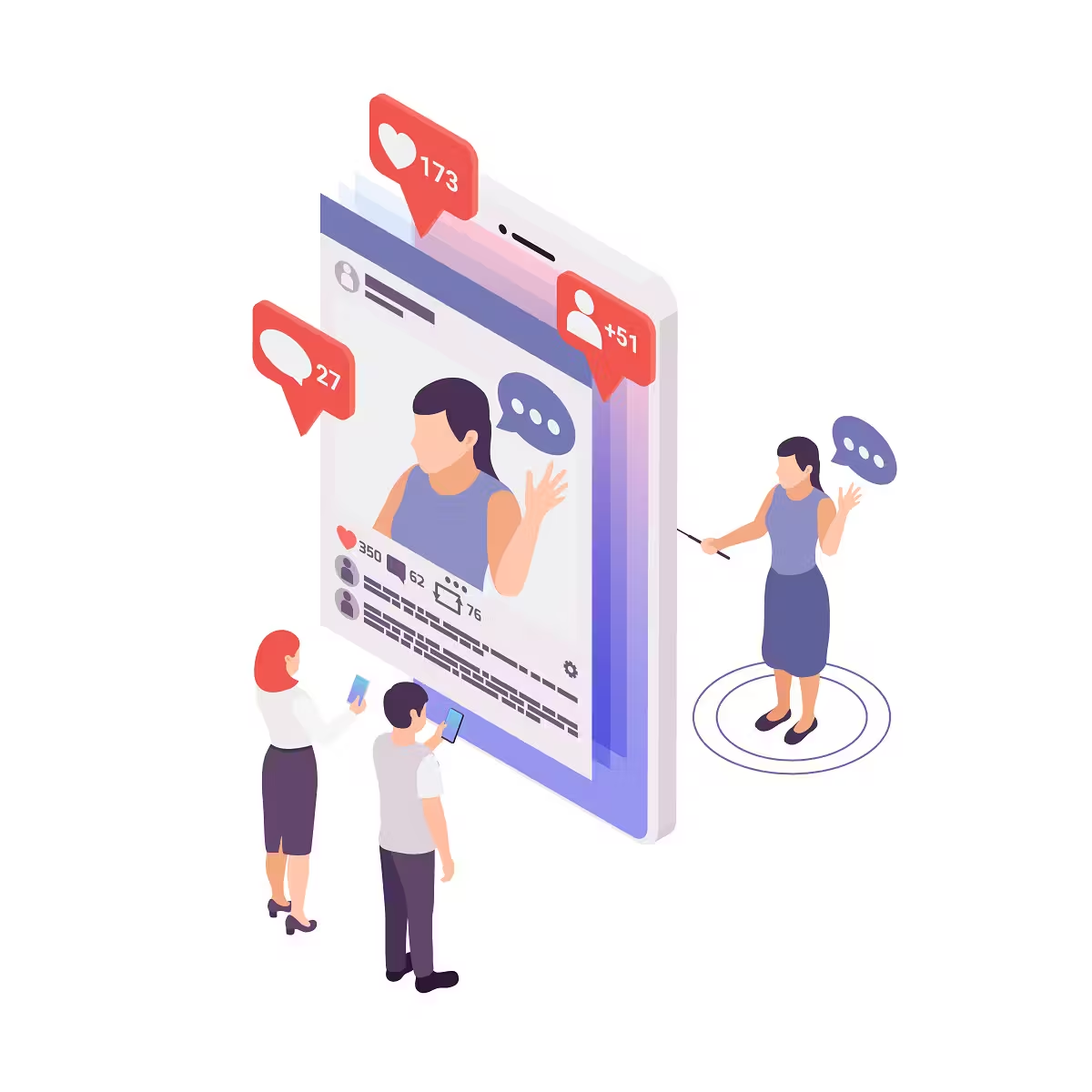
2️⃣ Getting Listed in Local Directories
If you run a business, getting listed in trusted local directories is an easy way to gain backlinks and improve local SEO.
✅ Where to Get Listed?
- Google My Business (GMB) → Essential for local businesses
- Bing Places for Business
- Yelp, Yellow Pages, and industry-specific directories
- Local Chamber of Commerce websites
✅ Pro Tip:
Make sure your NAP (Name, Address, Phone Number) is consistent across all listings.
📌 Example:
If you run a web design agency in London, getting listed on Clutch, Yelp, and Google My Business will help local customers find your business.

3️⃣ Social Media Sharing for SEO
Even though social media links are “NoFollow” (they don’t pass SEO value directly), they help in other ways: ✅ Drive referral traffic to your website.
✅ Increase brand awareness and credibility.
✅ Improve content visibility, which may lead to organic backlinks.
How to Use Social Media for SEO?
✔ Share blog posts on Twitter, Facebook, LinkedIn, Reddit, and niche forums.
✔ Repurpose content into infographics, short videos, and carousels for Instagram & Pinterest.
✔ Engage with industry influencers and bloggers to increase content reach.
📌 Example:
If your blog post gets 1,000 shares on Twitter, more people will see it, increasing the chances of getting natural backlinks from bloggers who found your content useful.

📌 Final Takeaways
- Backlinks are crucial for ranking higher in Google.
- Quality matters more than quantity → 1 backlink from an authority site is better than 100 low-quality links.
- Use ethical strategies like guest posting, directory listings, and social sharing to build a natural link profile.
- Avoid spammy backlinks from PBNs, paid links, and irrelevant websites to prevent Google penalties.
🔹 Next Step? Start implementing these simple link-building techniques and track your progress using tools like Google Search Console and Ahrefs Backlink Checker.
🚀 Want a quick way to check your backlinks?
Use the AJDWP-SEO-Checklist Plugin to audit your website’s Off-Page SEO and ensure you’re building high-quality backlinks the right way!
- WordPress SEO Tutorial for Beginners 2025
- Understanding SEO Basics
- How to Find the Right Keywords
- Optimizing Your Pages for Google
- Making Your Site Easy for Google to Read
- Building Trust with Google
- How to Rank in Local Searches
- How to Check If Your SEO is Working
- What NOT to Do in SEO
- What’s Next After This Course?